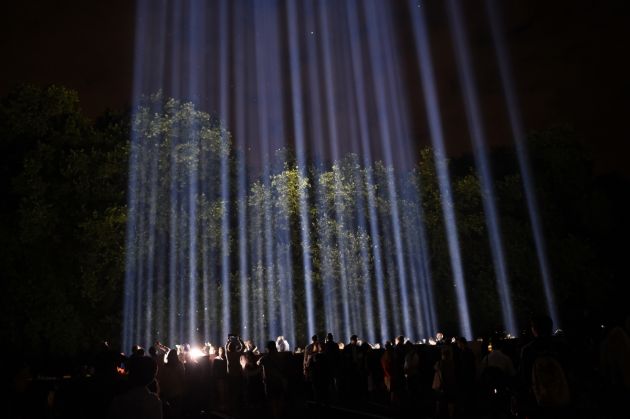Scientists find that life after death may be real

There is a lot of skepticism about life after death, especially among those who follow no faith.
Scientists of the University of Southampton in the U.K. have said, however, they have found evidence in the largest study of its kind that life can indeed continue after death.
After spending four years studying more than 2,000 people who suffered cardiac arrests at 15 hospitals in the Britain, the United States and Austria, researchers found that a person may have some level of awareness even after death, The Telegraph reported on October 7.
In the study, the scientists found that of the 2,060 cardiac arrest patients researched, 330 survived and 140 said they had experienced some kind of awareness while being resuscitated.
One in five said they had felt an unusual sense of peacefulness.
At the same time nearly one third said time had slowed down or speeded up. Thirteen per cent said they had separated from their bodies and the same number said their senses were heightened.
Of the reports, some patients recalled seeing a bright light while others recounted feelings of fear or of being dragged through deep water.
Unless there is life after death, experts say that being aware is not possible because the brain shuts down within 20-30 seconds after the heart stops beating.
One man proved that there may be life after death after giving a specific account of what was going on while doctors are trying to resuscitate him.
The 57-year-old social worker from Southampton narrated the actions of the hospital staff as well as the bleeps from a machine.
"He seemed very credible and everything that he said had happened to him had actually happened," said Dr. Sam Parnia, an assistant professor at the State University of New York and a former research fellow at the University of Southampton who led the research.
He said that the brain cannot function after the heart retires, "but in this case, conscious awareness appears to have continued for up to three minutes into the period when the heart wasn't beating."
Dr. Jerry Nolan, editor-in-chief at Resuscitation said: "Dr. Parnia and his colleagues are to be congratulated on the completion of a fascinating study that will open the door to more extensive research into what happens when we die."